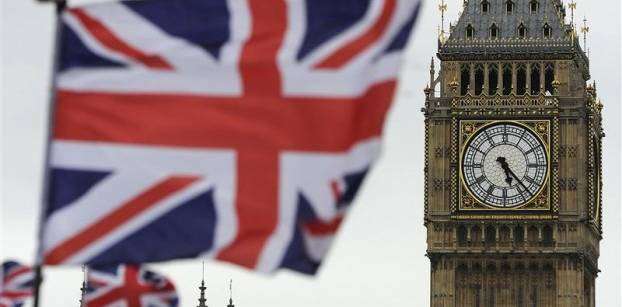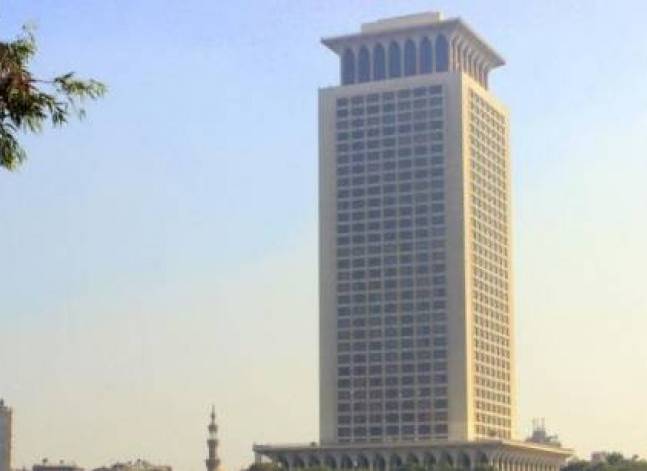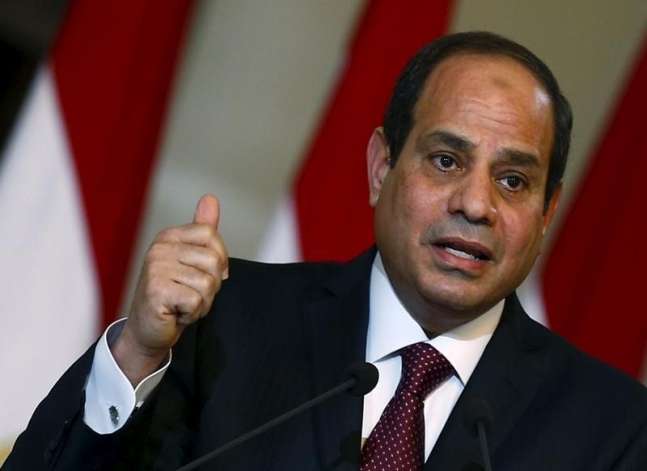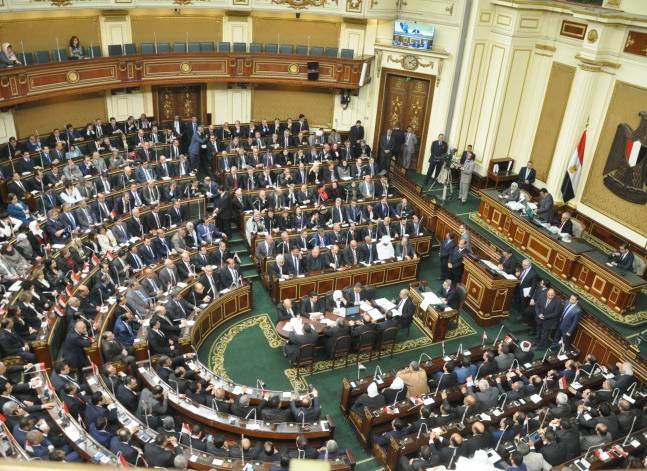Latest NEWS
- Aswat Masriya, the last word
- Roundup of Egypt's press headlines on March 15, 2017
- Roundup of Egypt's press headlines on March 14, 2017
- Former Egyptian President Hosni Mubarak to be released: lawyer
- Roundup of Egypt's press headlines on March 13, 2017
- Egypt's capital set to grow by half a million in 2017
- Egypt's wheat reserves to double with start of harvest -supply min
- Roundup of Egypt's press headlines on March 12, 2017
FCO says 'restrictions on civil society worsened' in Egypt in 2nd half of 2016
CAIRO, Feb 10 (Aswat Masriya) - UK's Foreign and Common Wealth Office (FCO) updated on Wednesday the "Human Rights Priority Countries Report" to cover the period between July and December 2016, during which "restrictions on civil society worsened significantly" in Egypt.
The annual report focuses on 30 countries in which the FCO believes that the UK can make the most difference. The 30 countries include Egypt, Saudi Arabia, Russia, Sudan, Syria , Iraq and Libya.
The updated report on Egypt mentioned several cases of human rights defenders who were banned from travel, had their assets frozen or were arrested over the course of the aforementioned period in connection with the "foreign funding case".
The case dates back to 2011 and has brought heavy criticism to Egypt since it started with Egyptian authorities raiding several NGOs and launching an investigation into foreign funding allegedly received by them. Later on, it became simply known as the NGO trial, in which 43 Egyptians and foreigners were convicted in 2013.
Egypt reopened investigation in the case in March 2016 and summoned a number of human rights defenders for interrogation over their involvement in the case.
The FCO's report touched on the NGO law that was approved by parliament in November and said it "significantly restricts NGO's ability to register, access funding and operate freely". At the time law was passed, local human rights organisations criticised the law in a joint statement saying that it "effectively eradicates civil society and defers administration of it to the government and security apparatus".
"These developments continue a worrying trend of restrictions on civil society, and the ability for NGOs and human rights defenders to operate freely," the FCO's report read. It also said that senior officials including the British Prime Minister, the Foreign Secretary and the Minister for Middle East and Africa raised concerns around restrictions on civil society in Egypt.
The report referred to the detention of "large numbers of" journalists, political activists in addition to the reports of torture, enforced disappearances and deaths in detention.
While there are no official figures on these cases, the report cited figures released by El Nadeem Centre for Rehabilitation of Victims of Violence which said that 190 cases of torture and 47 deaths in detention occurred from July through November 2016. The Egyptian Commission for Rights and Freedoms also documented 187 cases of enforced disappearance between August and November 2016.
On Thursday, Egyptian authorities shut down El Nadeem Centre, which provides rehabilitation to victims of torture. The reasons behind the closure remain unclear but an interior ministry official told Aswat Masriya that the health ministry is responsible for the decision.
On the restriction on freedom of expression, the FCO pointed to the sentencing of head of the press syndicate and two other board members in November to two years for harbouring two journalists who were on the run after being accused of spreading false news. It also referred to freezing the assets of Mostafa Sakr, chairman of Business News which publishes the English-language newspaper Daily News Egypt and Arabic language financial newspaper Al Borsa, over involvement with the outlawed Muslim Brotherhood group.
Egypt listed the Muslim Brotherhood as a terrorist organisation in December 2013, months after the military ouster of former president Mohamed Mursi, who hailed from the brotherhood, and insists it is behind the wave of militancy which has targeted security personnel.















